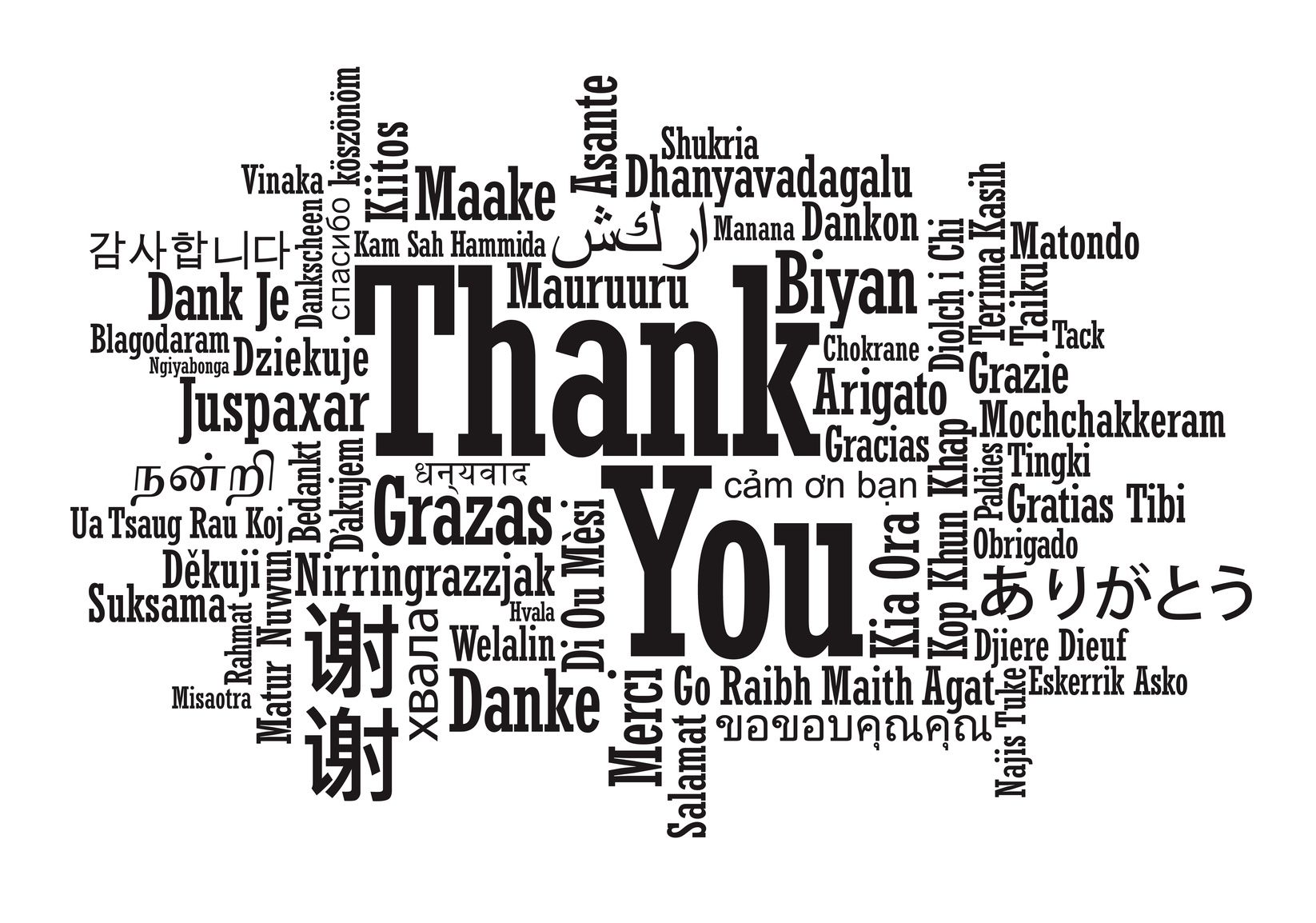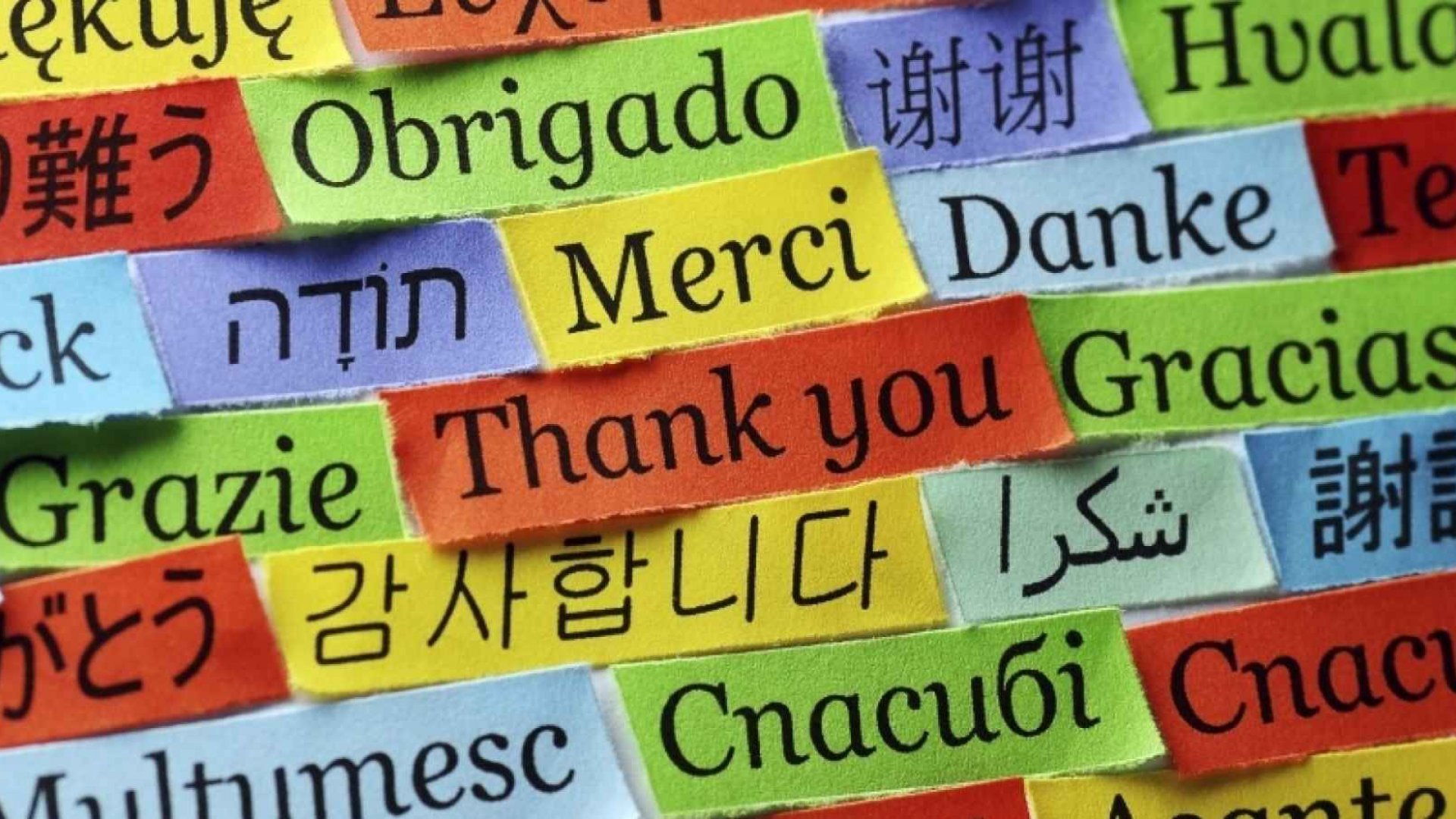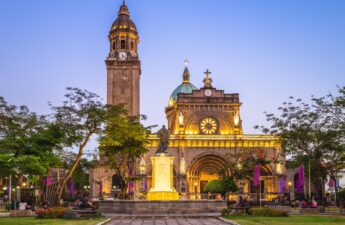In the age of advanced technology, tagalog to english translator sentence has made significant strides in breaking language barriers and facilitating communication. However, the question of whether to rely solely on machine translation or seek the expertise of a human professional remains a critical consideration. In this article, we will explore the strengths and limitations of both machine and human translation, helping you determine the appropriate circumstances to opt for professional translation services.
Accuracy and Quality of Translations
Machine Translation (MT) has made remarkable progress in recent years, but it still falls short of the accuracy and fluency achieved by human translators. MT can handle straightforward and repetitive content with acceptable results, but it may struggle with nuanced language, cultural references, and complex technical terminology. For critical and sensitive texts, such as legal documents, marketing materials, or medical reports, the precision of human translation is invaluable.
Context and Cultural Understanding
Language is deeply intertwined with culture and context. Human translators possess cultural sensitivity and the ability to grasp the intricacies of the source text, ensuring that the translated content maintains its intended meaning and resonates with the target audience. In contrast, machine translation lacks the capacity to fully comprehend cultural nuances, which can lead to misinterpretations or inappropriate translations.
Domain-Specific Expertise
Certain texts demand specialized knowledge and domain-specific expertise. Professional human translators often have subject matter expertise in various fields, such as legal, technical, medical, or marketing. This expertise allows them to accurately translate industry-specific terminology and concepts, ensuring that the translated content is accurate and contextually appropriate.
Handling Creative and Literary Texts
Creative and literary texts, such as literature, poetry, or marketing slogans, require a high level of creativity and flair. Human translators can capture the author’s style, tone, and emotions, preserving the artistic essence of the original work. Machine translation, while improving, is still limited in its ability to produce creative and poetic translations.
Confidentiality and Data Security
For sensitive or confidential content, trusting a machine translation service https://lingvanex.com/translation/english-to-french raises concerns about data security and privacy. Human translators can adhere to strict confidentiality agreements, providing reassurance that sensitive information remains secure during the translation process.
Post-Editing and Quality Assurance
In some cases, combining the strengths of both machine and human translation can be beneficial. Post-editing involves human professionals reviewing and refining machine-generated translations to improve accuracy and fluency. This hybrid approach can be a cost-effective solution for large volumes of content while ensuring high-quality output.
Machine translation has undoubtedly revolutionized the accessibility of global communication, offering quick and cost-effective translations for simple texts. However, when it comes to critical, nuanced, or domain-specific content, the expertise of a human professional remains unparalleled. Knowing when to seek professional help depends on the nature and importance of the text, the level of accuracy required, and the target audience’s expectations. By striking the right balance between machine and human translation, you can effectively navigate the linguistic challenges of today’s interconnected world.




